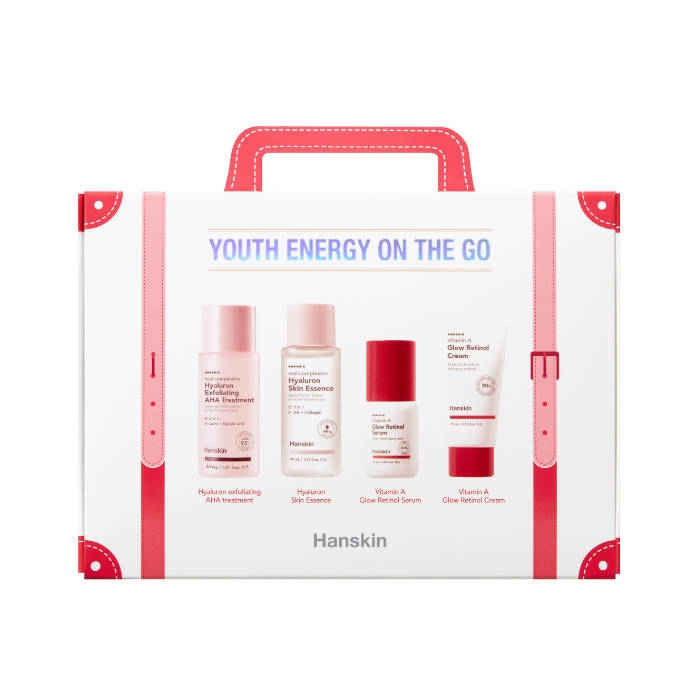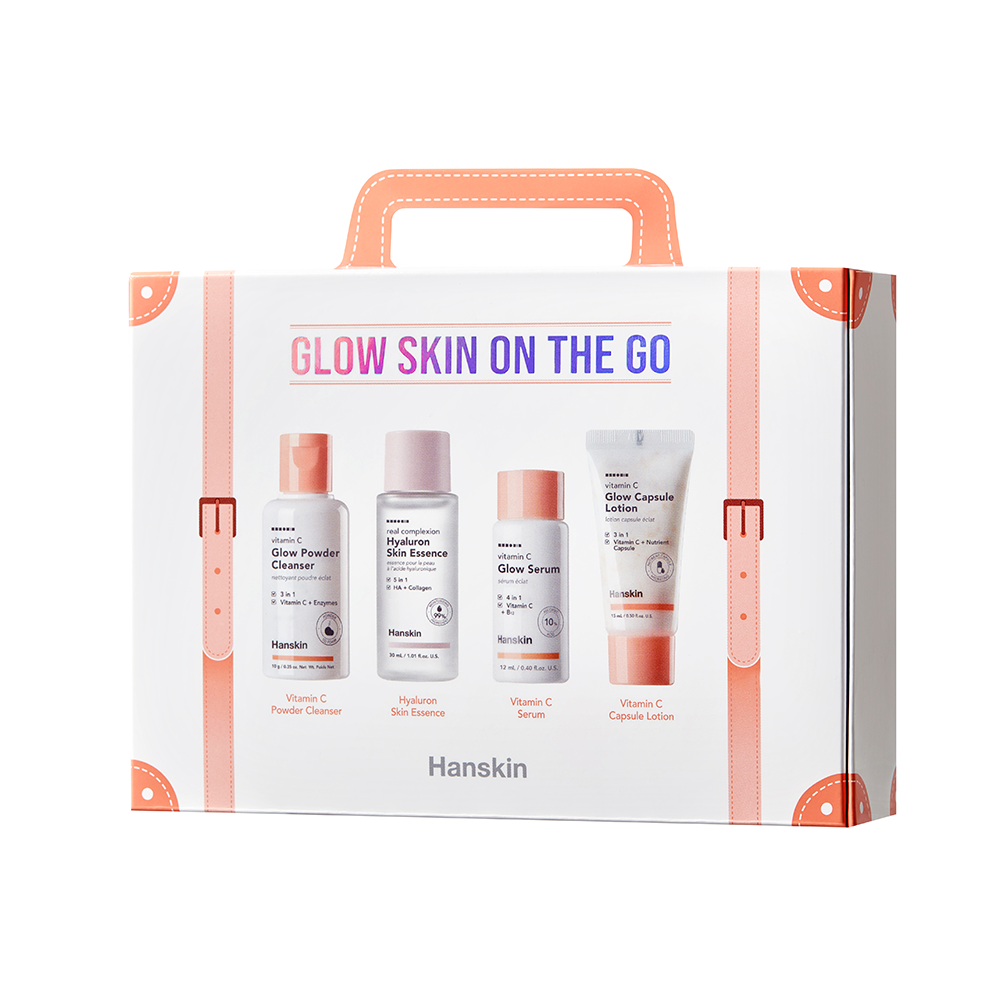ways to reduce or get rid of pigmentation
Ways to Reduce or Get Rid Of Pigmentation
Sep 13, 2023, 6:02:45 AM

In the enchanting realm of radiant skin, where sun-kissed dreams merge with ever-glowing desires, lies a secret path towards a canvas unblemished. Welcome, curious souls, to the beguiling journey of unveiling Ways to Reduce or Get Rid of Pigmentation. Embark with us as we wander through the mystical gardens of skincare, where nature's remedies and modern wonders converge to paint a portrait of flawless allure. Step into the ethereal dance of rejuvenation, where each step forward reveals the gleaming promise of a brighter, more luminous tomorrow. Together, we shall unlock the spellbinding secrets that hold the key to setting your skin free from the shackles of pigmentation, and embark on a transformational quest toward the resplendent visage you've always envisioned.
Understanding Pigmentation
Pigmentation, a natural phenomenon of skin coloring, adds diversity and uniqueness to each individual. However, sometimes it leads to uneven tones and dark spots. Understanding the factors behind pigmentation can help us find effective ways to manage and reduce it. In this discussion, we'll explore the science of pigmentation, its causes, and professional approaches to address and maintain an even skin tone.
Skincare Routine for Pigmentation
Crafting a skincare routine tailored to target pigmentation requires a thoughtful combination of proven ingredients and gentle practices. Let's embark on a journey to reveal an effective and nurturing routine to address pigmentation concerns:
1-Cleansing:
Begin your day with a gentle cleanser suited for your skin type. Look for formulas with mild ingredients that won't strip your skin's natural oils. In the evening, double cleanse to ensure the removal of makeup, sunscreen, and impurities.
2-Exfoliation:
Incorporate chemical exfoliants into your routine, such as alpha hydroxy acids (AHAs) like glycolic acid or lactic acid, or beta hydroxy acids (BHAs) like salicylic acid. These ingredients help promote skin cell turnover, fading dark spots over time. Use them 2-3 times a week to avoid over-exfoliation.
3-Vitamin C Serum:
Vitamin C is a potent antioxidant that aids in brightening the skin and reducing pigmentation. Apply a Vitamin C serum in the morning after cleansing and before moisturizing. Look for stable and potent forms of Vitamin C, like L-ascorbic acid.
4-Niacinamide:
Niacinamide is an excellent addition to your routine for pigmentation concerns. It can help regulate melanin production, leading to a more even skin tone. Apply a niacinamide serum morning and evening.
5-Sunscreen:
Sun protection is paramount in managing pigmentation. Choose a broad-spectrum sunscreen with at least SPF 30, and apply it generously every morning. Reapply throughout the day, especially if you spend prolonged periods outdoors.
6-Hydration:
Keep your skin hydrated with a suitable moisturizer. Look for ingredients like hyaluronic acid to lock in moisture and promote a plump complexion.
7-Retinoids (optional):
If your skin tolerates retinoids well, consider adding them to your nighttime routine. Retinoids, derived from Vitamin A, can help accelerate skin cell turnover and fade dark spots over time. Start with a low concentration and use them a few times a week, gradually increasing as tolerated.
8-Treatment Masks (occasional):
Integrate gentle brightening or exfoliating masks once a week to complement your routine and rejuvenate your skin.
Remember, consistency is key to seeing results with any skincare routine. It may take several weeks or even months to notice significant changes in pigmentation, so be patient and diligent in your approach. And always consult with a dermatologist if you have specific concerns or if you're introducing new products into your routine, especially if you have sensitive skin or existing skin conditions
Home Remedies for Pigmentation

Home remedies can complement a skincare routine and provide additional support in managing pigmentation. While they may not offer immediate results like professional treatments, they can be gentle and beneficial over time. Here are some popular home remedies to consider:
1-Aloe Vera Gel:
Aloe vera has soothing and healing properties that can help fade dark spots. Apply fresh aloe vera gel directly to the affected areas and leave it on for 20-30 minutes before rinsing off.
2-Lemon Juice:
Lemon juice contains natural citric acid, which may have skin-lightening properties. Dilute fresh lemon juice with water and apply it to dark spots using a cotton ball. Leave it on for 10-15 minutes, then rinse off and apply moisturizer. Avoid sun exposure after using lemon juice, as it can increase sensitivity to UV rays.
3-Turmeric Paste:
Turmeric contains curcumin, which has antioxidant and anti-inflammatory properties. Create a paste by mixing turmeric powder with water or milk and apply it to pigmented areas. Leave it on for 15-20 minutes before rinsing off.
4-Honey and Yogurt Mask:
Honey has moisturizing properties, and yogurt contains lactic acid, which can help exfoliate the skin gently. Mix equal parts honey and plain yogurt to form a mask and apply it to your face. Leave it on for 15-20 minutes before rinsing off.
5-Green Tea Extract:
Green tea is rich in antioxidants, which may help reduce pigmentation. Brew green tea, let it cool, and apply it to the affected areas with a cotton ball or use it as a facial spray.
6-Potato Slices:
Potatoes contain enzymes and vitamin C, which can contribute to skin brightening. Place thin slices of potato directly on dark spots for 10-15 minutes and then rinse off.
7-Apple Cider Vinegar:
Dilute apple cider vinegar with water and apply it to dark spots using a cotton ball. Leave it on for a few minutes before rinsing off. Start with a small patch test to check for sensitivity.
8-Oatmeal Scrub:
Mix oatmeal with water to create a gentle scrub. Massage it onto your skin in circular motions, focusing on pigmented areas. Rinse off after a few minutes.
Remember to perform a patch test before trying any new remedy to check for allergies or skin sensitivities. Additionally, always use sunscreen during the day to protect your skin from further pigmentation and damage. While home remedies can be helpful, it's essential to manage expectations and continue with a consistent skincare routine and seek professional advice if needed.
Lifestyle Changes, Diet, and Supplements to Prevent Pigmentation

Preventing pigmentation and maintaining a healthy, even skin tone involves not only proper skincare but also lifestyle choices, diet, and supplements that promote skin health. Here are some helpful lifestyle changes, dietary considerations, and supplements that can aid in preventing pigmentation:
1. Sun Protection: The most crucial step in preventing pigmentation is protecting your skin from the sun's harmful UV rays. Always wear sunscreen with at least SPF 30, even on cloudy days, and reapply every two hours when outdoors.
2. Avoid Peak Sun Hours: Try to limit sun exposure, especially during peak hours when the sun's rays are strongest, typically between 10 am and 4 pm.
3. Protective Clothing: Wear hats, sunglasses, and clothing that provide coverage to minimize direct sun exposure.
4. Quit Smoking: Smoking can lead to premature aging and skin damage, including pigmentation issues. Quitting smoking can help improve overall skin health.
5. Manage Stress: Chronic stress can trigger hormonal fluctuations, which may contribute to pigmentation problems. Engage in stress-reducing activities like meditation, yoga, or hobbies you enjoy.
6. Balanced Diet: A diet rich in antioxidants, vitamins, and minerals can support skin health. Include a variety of fruits, vegetables, whole grains, and lean proteins in your meals.
7. Vitamin C: Incorporate foods high in vitamin C, such as citrus fruits, strawberries, bell peppers, and broccoli. Vitamin C helps protect the skin from oxidative stress and supports collagen production.
8. Vitamin E: Foods rich in vitamin E, such as nuts, seeds, and spinach, can help maintain skin health and protect against UV damage.
9. Omega-3 Fatty Acids: Consuming foods high in omega-3 fatty acids, like fatty fish (salmon, mackerel) and flaxseeds, can reduce inflammation and support skin barrier function.
10. Hydration: Drink plenty of water throughout the day to keep your skin hydrated and maintain its natural moisture balance.
11. Green Tea: Drinking green tea, which contains antioxidants, may help protect the skin from UV damage and support skin health.
13. Resveratrol: Resveratrol, found in grapes and red wine, is believed to have protective effects on the skin and may help reduce pigmentation issues.
14. Vitamin D: Adequate levels of vitamin D are essential for overall health, including skin health. If you have a vitamin D deficiency, consult a healthcare professional about supplementation.
Remember, while these lifestyle changes, dietary considerations, and supplements can support skin health and help prevent pigmentation, they are not a replacement for sunscreen and proper skincare. For personalized advice, it's always best to consult with a dermatologist or a qualified healthcare professional who can assess your individual needs and provide tailored recommendations.
Conclusion
In the captivating journey of understanding pigmentation, we have delved into the intricate science and artistry behind the colors that grace our skin. From the enchanting interplay of melanin to the spellbinding dance of factors that influence pigmentation, we have uncovered the secrets that shape our skin's unique identity.
Through our exploration, we have unveiled a range of approaches to address pigmentation concerns, both at home and with the guidance of skincare professionals. From nurturing skincare routines enriched with potent ingredients to professional treatments that offer targeted solutions, we have discovered the paths to radiant, even-toned skin.
Yet, beyond the realm of topical remedies lies the power of lifestyle choices, diet, and supplements. By embracing sun protection as a sacred shield against pigmentation's relentless pursuit, we've learned that prevention is truly the first line of defense. Balancing stress, quitting harmful habits, and nourishing our bodies with a rainbow of nutrients bolster the fortress of skin health.
With each step forward, we have witnessed the transformational potential that lies within us all. Like a canvas yearning for the artist's touch, our skin craves care and attention, and we have been granted the keys to unveil its timeless beauty.
So, let us carry forth this newfound wisdom, a beacon of hope in the quest for radiant visages. May we cherish the colors that make us unique, embracing pigmentation as a mosaic of life's experiences etched upon our skin. And as we honor the enchanting tapestry of pigmentation, may we walk confidently into the world, a living testament to the harmony that lies in embracing our authentic selves.
LATEST BLOG POSTS
RECOMMENDED PRODUCTS
Almond Baby Skin Care Cream – Gentle Moisturizer for Soft, Nourished & Protected Baby Skin 150ml
(22)
IN 30 mins
AED 46.00
Attends Professional Care Cleansing Foam, No-Rinse Cleanser for Sensitive Skin - 400ml
(2)
IN 30 mins
AED 33.08
44.1
Louis Widmer Carbamid Cream 10% Urea – Intensive Moisturizer for Dry, Rough & Flaky Skin - 100ml
(4)
IN 30 mins
AED 99.75










